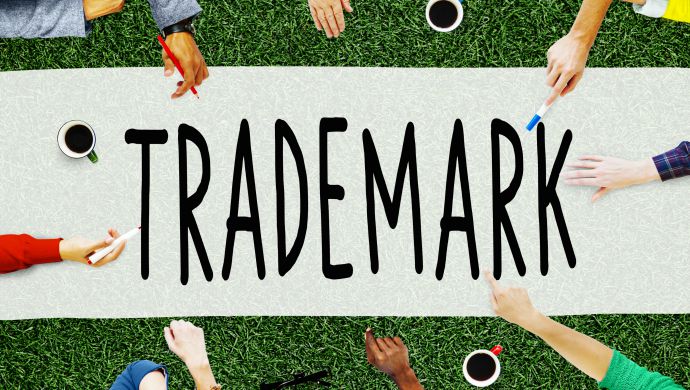This should be one of the first questions asked after you decide to protect your intellectual property. Generally speaking, a trademark is a "word, phrase, symbol, or design” which identifies and distinguishes the source of the goods of one party from those of others. When the party offers services instead of goods, the term “service mark” is used. In other words, a service mark is the same as a trademark, except that it identifies and distinguishes the source of a service rather than goods.
It’s important to note that trademarks, copyrights and patents each aim to protect a separate type of intellectual property. Where a trademark typically protects brand names and logos used on goods and services, a copyright protects an original artistic or literary work. A patent, on the other hand, protects an invention. For example, if you invent a new dish washer, you would apply for a patent to protect the invention itself. You would apply to register a trademark to protect the brand name of the product, and you might decide to register a copyright for the television commercial developed to market your product.
Since each classification offers different protections, it’s important to identify what you are trying to protect. Not all protections are the same in rights or lifetime. For example, trademark rights stem from the actual use of the mark and, as a result, trademarks don't expire after a set time has passed. This is a major difference between trademarks and copyrights or patents. A copyright of a particular author will expire 70 years after the death of its author. Patents expire much sooner and most only last around 15 to 20 years.
A trademark can live indefinitely if you continue to use it in commerce to indicate the source of your goods or services. A trademark registration can also last forever if you file specific documents and pay the required fees. An experienced trademark attorney can help keep your trademark alive.
Questions? Give the Formation Law Group a call at (424) 256-6614 or send us a line through info@formationlaw.com.
It’s important to note that trademarks, copyrights and patents each aim to protect a separate type of intellectual property. Where a trademark typically protects brand names and logos used on goods and services, a copyright protects an original artistic or literary work. A patent, on the other hand, protects an invention. For example, if you invent a new dish washer, you would apply for a patent to protect the invention itself. You would apply to register a trademark to protect the brand name of the product, and you might decide to register a copyright for the television commercial developed to market your product.
Since each classification offers different protections, it’s important to identify what you are trying to protect. Not all protections are the same in rights or lifetime. For example, trademark rights stem from the actual use of the mark and, as a result, trademarks don't expire after a set time has passed. This is a major difference between trademarks and copyrights or patents. A copyright of a particular author will expire 70 years after the death of its author. Patents expire much sooner and most only last around 15 to 20 years.
A trademark can live indefinitely if you continue to use it in commerce to indicate the source of your goods or services. A trademark registration can also last forever if you file specific documents and pay the required fees. An experienced trademark attorney can help keep your trademark alive.
Questions? Give the Formation Law Group a call at (424) 256-6614 or send us a line through info@formationlaw.com.

